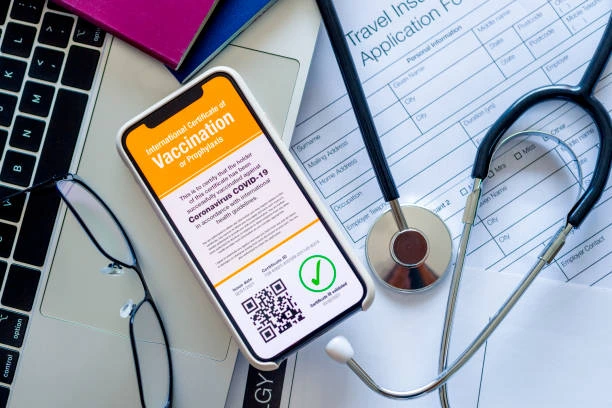Course Overview
Development programs and policies are typically designed to create change to the target beneficiaries. Whether or not these changes are actually achieved is a crucial public policy question but one that is not often examined. Impact evaluation assesses the changes that can be attributed to a particular intervention, such as a project, program or policy, both the intended ones, as well as ideally the unintended ones.
This course is designed to equip the participants with adequate skills to conduct rigorous impact evaluations for their interventions. The course covers all aspects of planning, designing and implementing an impact evaluation. By the end of the course the participants will be experts who can carry out impact assessment assignments for their organizations or as consultants.
Course Duration
10 Days
Who Should Attend
- Development practitioners and professionals working in NGOs, international organizations, and government agencies
- Monitoring and Evaluation (M&E) specialists and officers
- Program managers and coordinators involved in the design and implementation of development projects
- Researchers and academics focusing on development studies, economics, and social sciences
- Policy makers and advisors interested in evidence-based policy making
- Graduate students in related fields seeking to enhance their impact evaluation skills
Course Objectives
By the end of this course, participants will be able to
- Learn about theories and practices of impact evaluation
- Learn about evaluation problem: Attribution, selection and placement biases
- Understand IE designs: randomized, quasi and non-experimental
- Conduct a rigorous impact evaluation of a project
- Conduct sampling and power calculation
- Learn and practice econometric techniques for impact evaluation
- Carry out impact data analysis
- Report and disseminate impact evaluation findings
Course Outline:
Module 1: Introduction to Impact Evaluation
- Overview of impact evaluation
- Importance of evidence-based development
- Types and phases of impact evaluation
Module 2: Experimental Designs in Impact Evaluation
- Randomized Control Trials (RCTs)
- Designing and implementing RCTs
- Ethical considerations in experimental evaluations
Module 3: Quasi-Experimental Designs
- Difference-in-Differences (DID)
- Propensity Score Matching (PSM)
- Regression Discontinuity Design (RDD)
Module 4: Advanced Statistical Techniques
- Instrumental Variables (IV)
- Fixed Effects and Random Effects models
- Handling attrition and non-compliance
Module 5: Qualitative Methods in Impact Evaluation
- Integrating qualitative methods with quantitative approaches
- Conducting focus groups and in-depth interviews
- Analyzing qualitative data
Module 6: Mixed-Methods Approaches
- Designing mixed-methods evaluations
- Triangulation of data sources
- Case studies of mixed-methods evaluations
Module 7: Data Collection and Management
- Designing surveys and questionnaires
- Sampling techniques and strategies
- Data management and quality control
Module 8: Data Analysis and Interpretation
- Introduction to statistical software (e.g., STATA, R)
- Analyzing impact evaluation data
- Interpreting and presenting results
Module 9: Communicating Evaluation Findings
- Effective reporting and visualization of findings
- Tailoring communication for different stakeholders
- Developing policy briefs and presentations
Customized Training
This training can be tailored to your institution needs and delivered at a location of your choice upon request.
Requirements
Participants need to be proficient in English.
Training Fee
The fee covers tuition, training materials, refreshments, lunch, and study visits. Participants are responsible for their own travel, visa, insurance, and personal expenses.
Certification
A certificate from Ideal Sense & Workplace Solutions is awarded upon successful completion.
Accommodation
Accommodation can be arranged upon request. Contact via email for reservations.
Payment
Payment should be made before the training starts, with proof of payment sent to outreach@idealsense.org.
For further inquiries, please contact us on details below:






